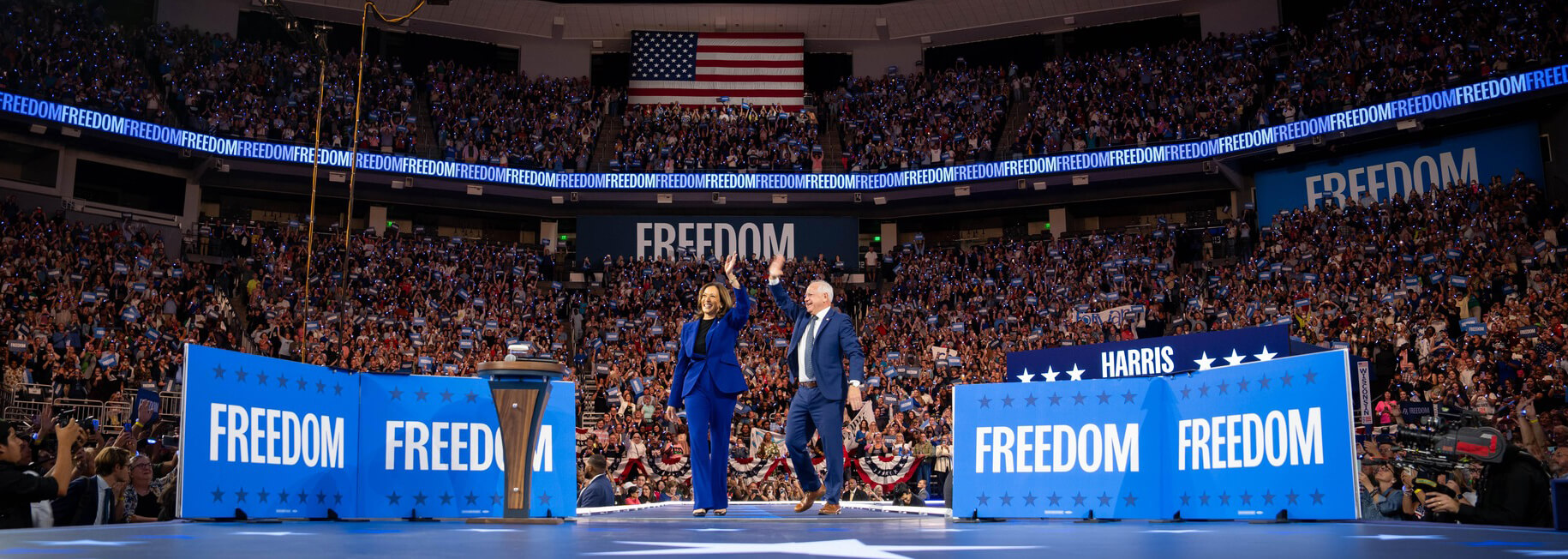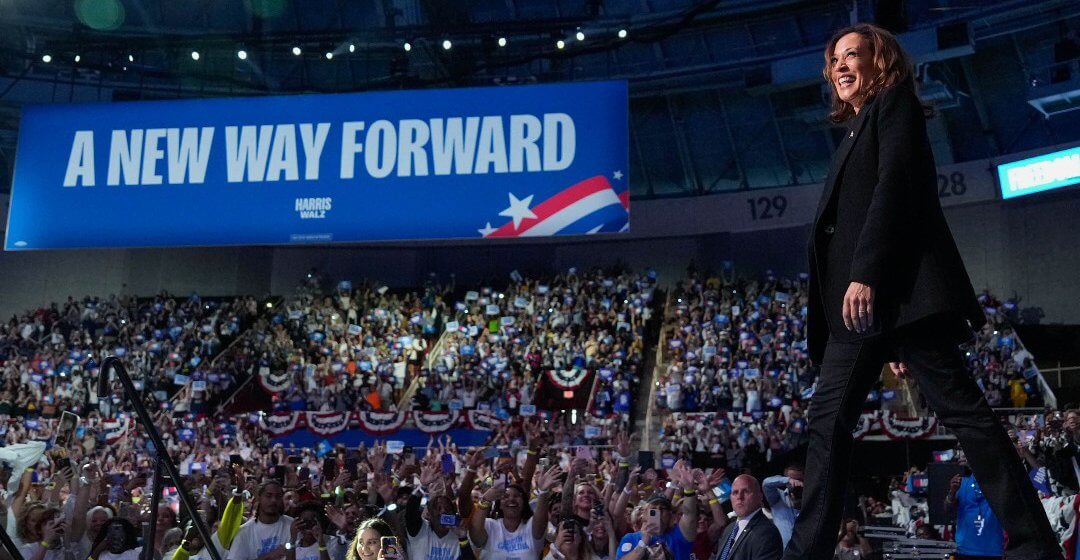|
LISTEN TO THIS THE AFRICANA VOICE ARTICLE NOW
Getting your Trinity Audio player ready...
|
When Dr. Martin Luther King Jr. delivered his iconic “I Have a Dream” speech in August 1963, he envisioned a future where people would be judged by the content of their character, not the color of their skin. That dream, a plea for racial equality, unity, and justice, continues to resonate today.
The election of Vice President Kamala Harris as president on January 20, 2025—Martin Luther King Day—would serve as a monumental step toward the realization of that dream, offering powerful symbolism that bridges the struggles of the past with the hope for a more inclusive future.
The inauguration of a U.S. president is always a historic moment, but Harris’s swearing-in on a day dedicated to honoring Dr. King’s legacy would make this occasion even more meaningful. Dr. King’s dream was for an America where everyone, regardless of race, creed, or background, could stand together and be equal.
Harris’ election as the first female president and a woman of color would signify the ongoing progress toward fulfilling that vision.
Hailing from a multiracial background, Harris embodies the type of unity and inclusion that Dr. King dreamed of. Her inauguration on a day set aside to honor King would mark a new chapter for the presidency and signal America’s ongoing journey toward equality and justice for all.
Harris’s history intertwines with the fight for racial and social justice. Born to immigrant parents—her father from Jamaica and her mother from India—Harris grew up surrounded by activism. Her parents were involved in the civil rights movement, and as a child, Harris herself was part of desegregation efforts, being bussed to school. These early experiences directly connected her to the larger fight for racial equality Dr. King championed.
I have a Dream
“So even though we face the difficulties of today and tomorrow, I still have a dream. It is a dream deeply rooted in the American dream. I have a dream that one day this nation will rise up and live out the true meaning of its creed: We hold these truths to be self-evident, that all men are created equal,” Martin Luther King,”

Harris’s upbringing and career reflect a commitment to unity. She has called for Americans to unite across racial and economic lines and continually advocated for justice. This vision mirrors Dr. King’s “beloved community,” a society where everyone works together for the common good without prejudice or division.
In stark contrast, former President Donald Trump represents the antithesis of Dr. King’s dream. Throughout his political career, Trump has relied on divisive rhetoric, often using race and immigration as a wedge to inflame tensions.
During the 2024 campaign, Trump promised mass deportations without due process and spread baseless claims that Haitian immigrants in Springfield, Ohio, were “eating the pets of the people that live there.”
These racially charged statements, designed to provoke fear, serve only to deepen divides in America.
Trump’s approach to politics often centers on exclusion, promoting policies and narratives that alienate immigrants and people of color.
His presidency, and especially a second inauguration on Martin Luther King Day, would signal a setback for civil rights and an erosion of the progress made toward Dr. King’s vision of unity and equality.
The significance of the 2025 election extends far beyond policy issues. Harris represents continued progress toward racial equality, and her election would be a historic moment for civil rights. Her presidency would send a powerful message that America is committed to the ideals of justice and inclusivity Dr. King held dear.
Her background as the daughter of immigrants, her experience being bussed to school as part of desegregation, and her career-long advocacy for justice make her the living embodiment of Dr. King’s dream.
In contrast, another Trump presidency would signal a return to divisiveness and racial intolerance. If he were to take the oath of office on Martin Luther King Day, it would symbolize a retreat from the ideals that King fought for, a regression into fear-driven policies that pit Americans against one another based on racial backgrounds. Trump’s xenophobic rhetoric is antithetical to King’s dream and would represent a stark rejection of the civil rights movement’s progress.
Americans face a choice: to continue the fight for Dr. King’s dream by electing Harris or to allow Trump’s divisive, xenophobic rhetoric to take the nation backward. The stakes have never been higher, and the 2025 inauguration on Martin Luther King Day will be a pivotal moment in the nation’s ongoing journey toward equality and justice for all.











LEAVE A COMMENT
You must be logged in to post a comment.